Back to Courses
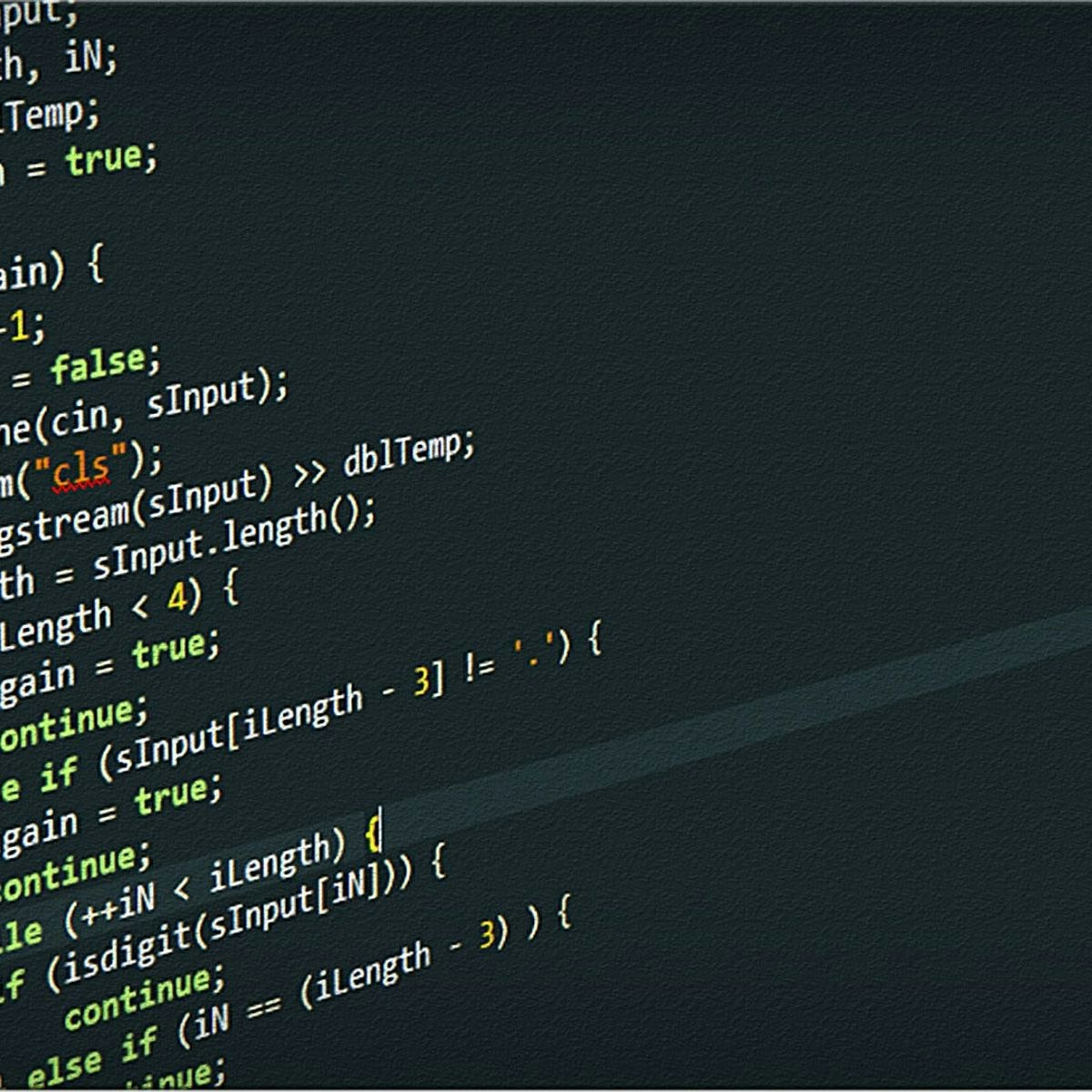
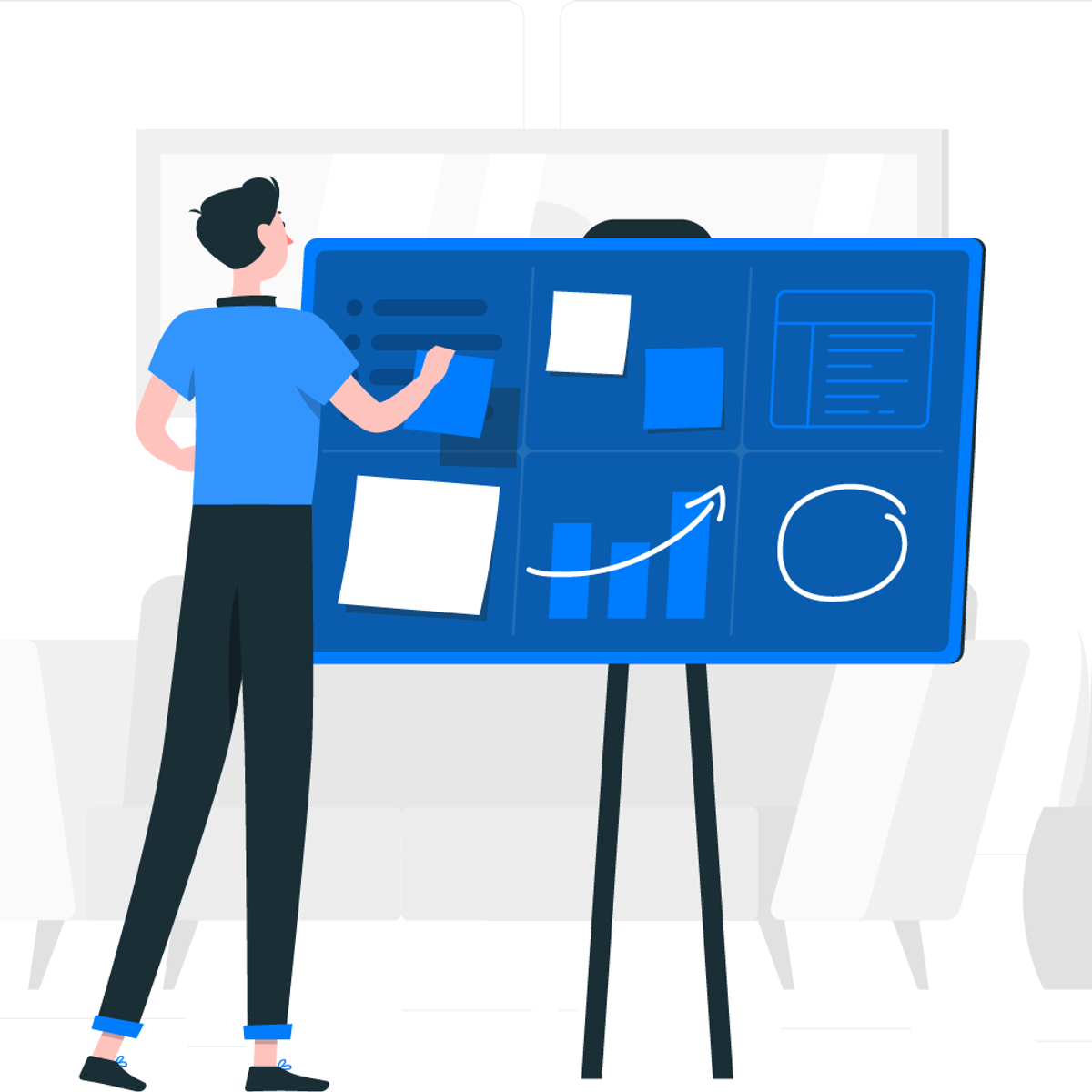
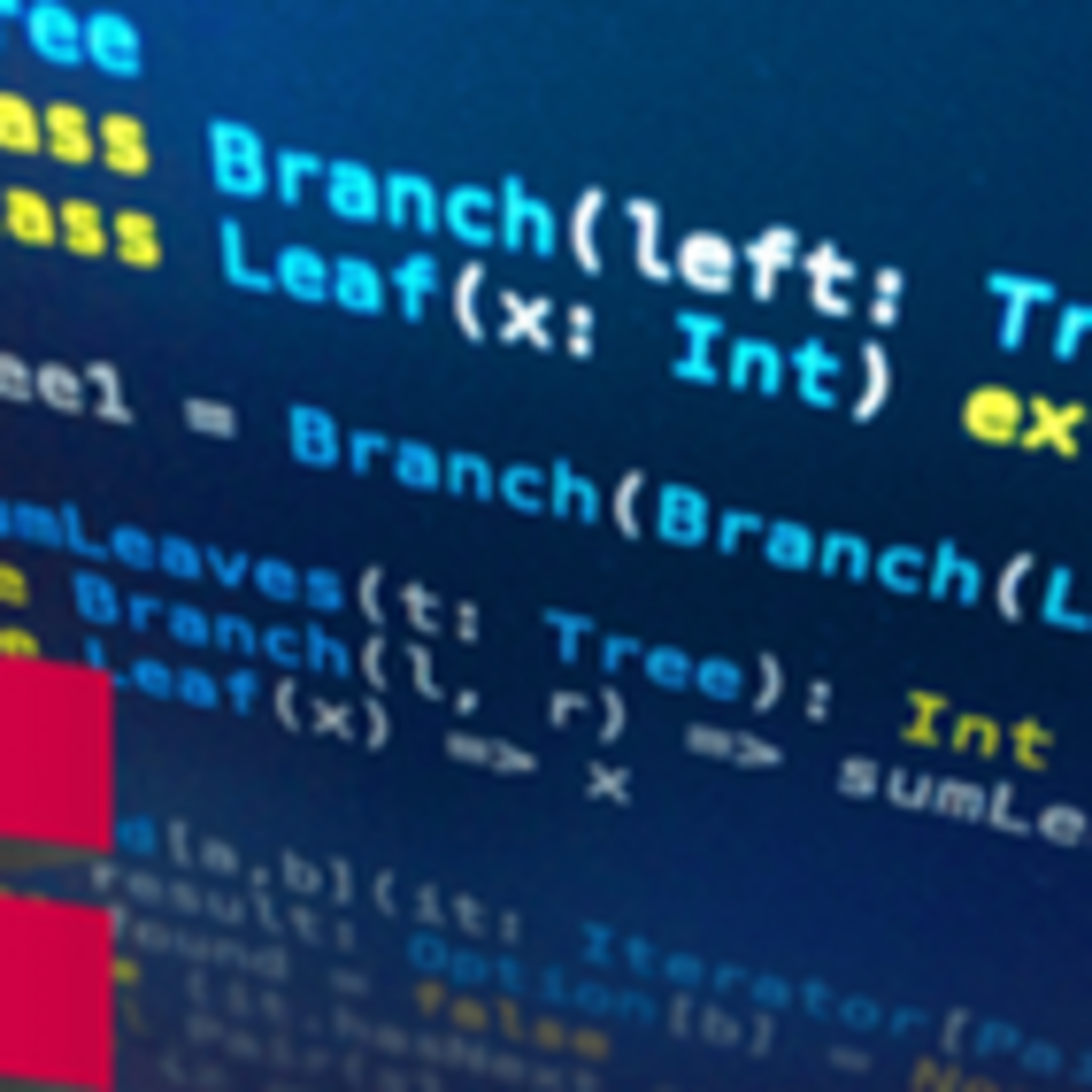


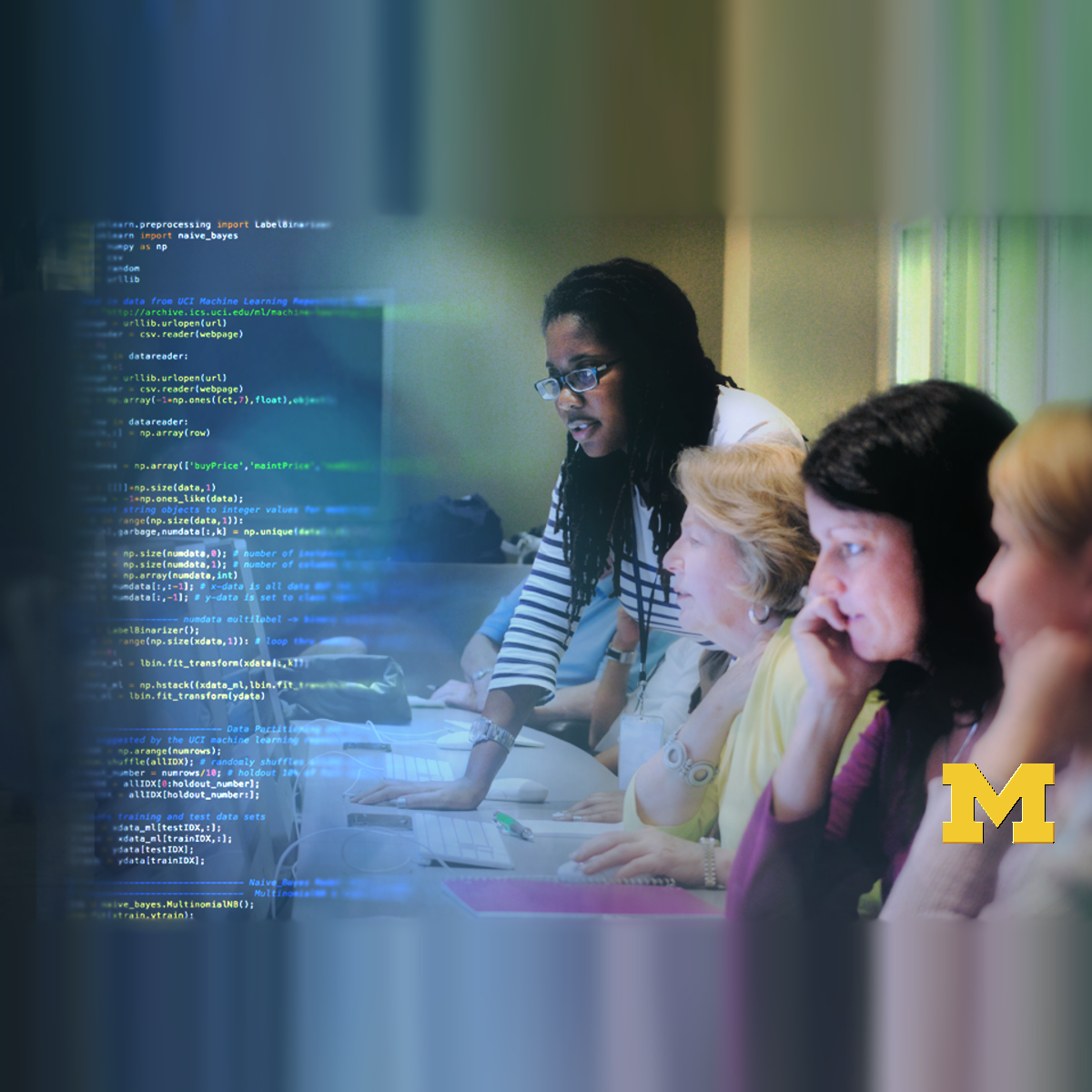
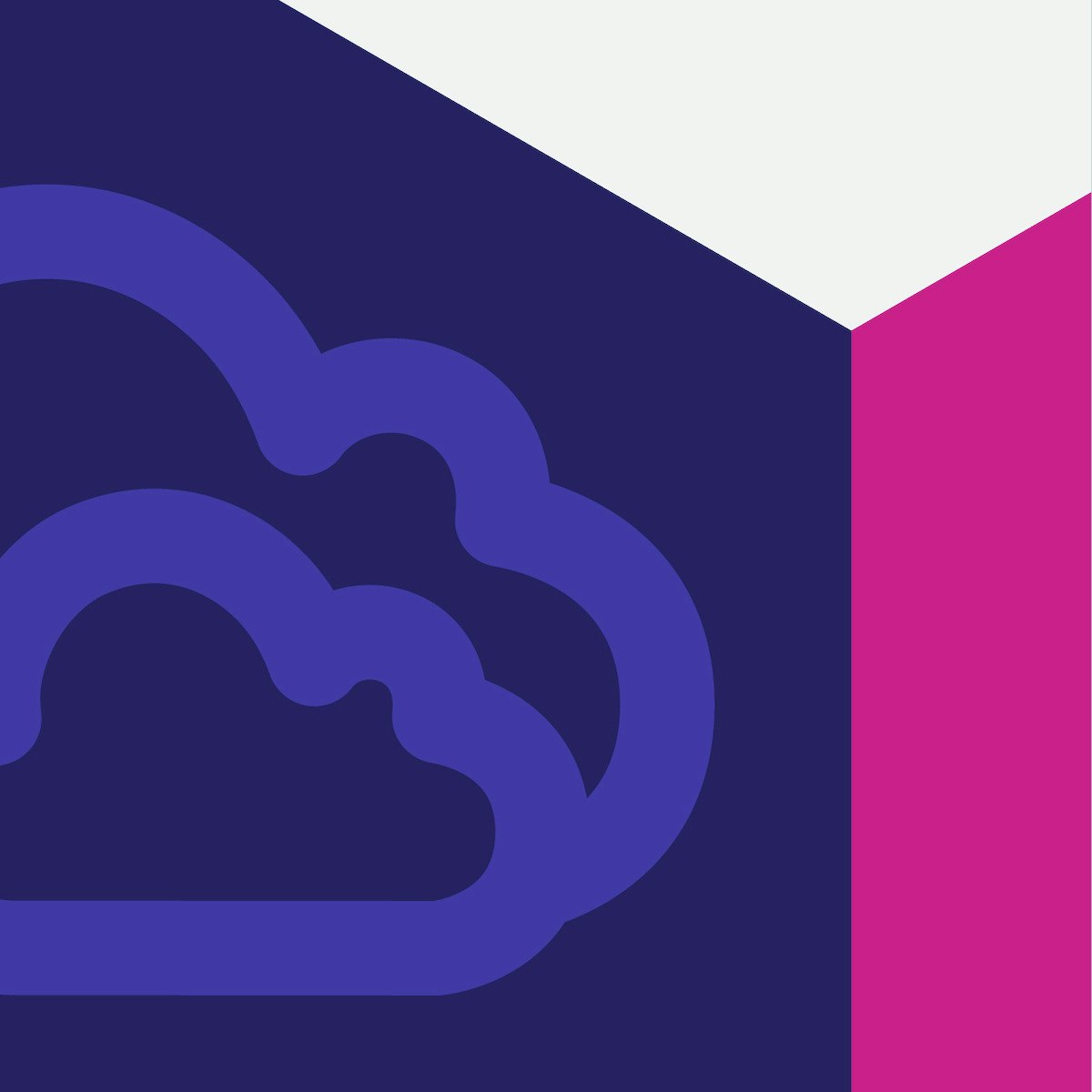

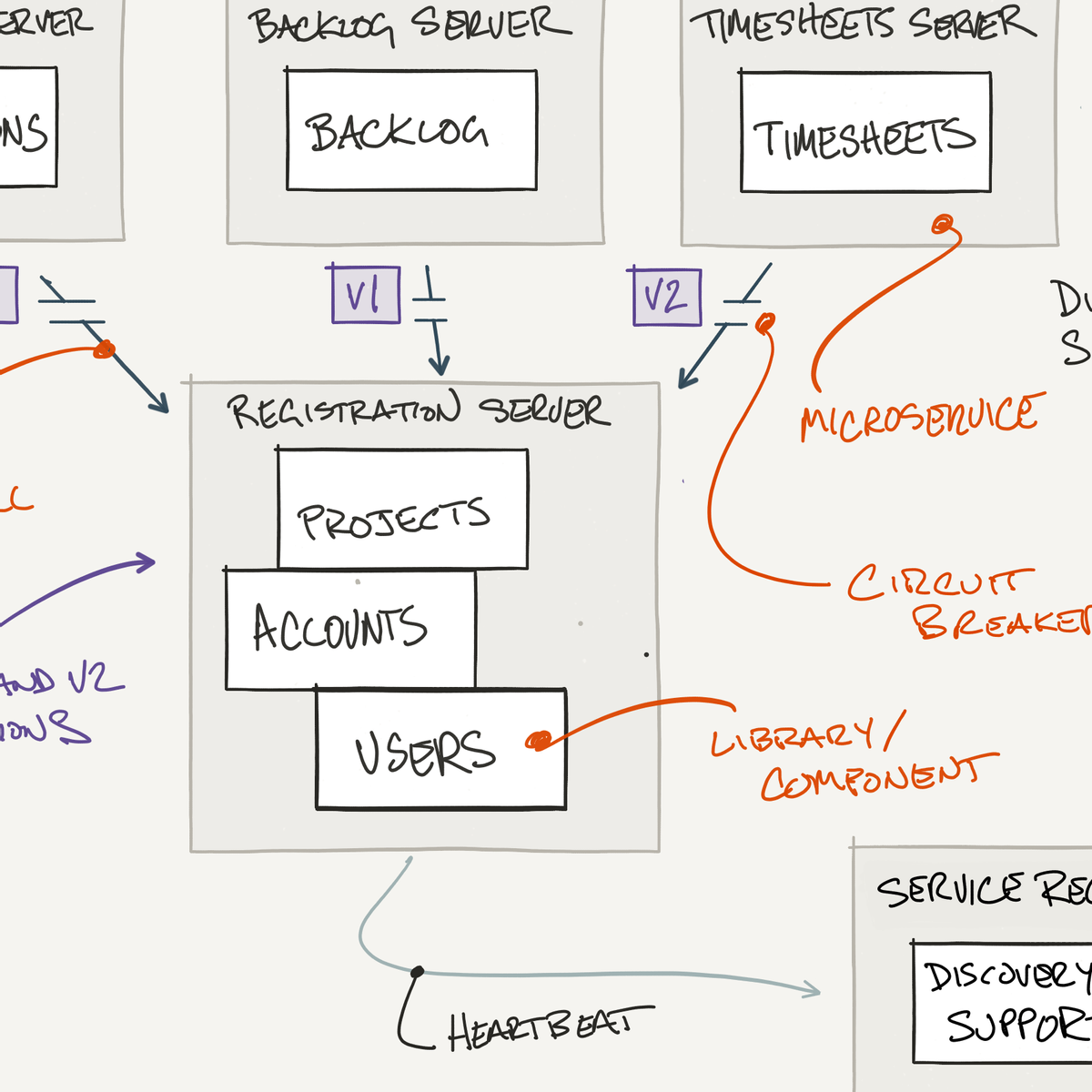
Software Development Courses - Page 104
Showing results 1031-1040 of 1266

Leadership Principles for Software Engineers
Sponsored by AMAZON WEB SERVICES (AWS).
Learn real-world software engineering management skills to succeed and impress in your first (or next) management role at elite engineering organizations. NANCY WANG, Director of Engineering and General Manager of AWS Data Protection Services and Founder, Advancing Women in Tech (AWIT), shares with you the engineering skills cultivated at AMAZON (the #2-ranked company in the Fortune 500), with supplemental practices from GOOGLE and MICROSOFT. Develop the skills and mental models that the world's best engineering managers apply to attract and retain world-class engineering talent.
Upon course completion, you will understand what world-class software engineering organizations expect of their managers, including:
* How to BECOME A MANAGER
* Whether MANAGERS or INDIVIDUAL CONTRIBUTORS make more money
* What is the difference between MANAGER EFFECTIVENESS and MANAGER QUALITY
* How to HIRE YOUR TEAM
* How to guide a team with TEAM GOALS

Create a C Program using DevC++ to Demonstrate Scope
By the end of this project you will implement a program using C that demonstrates the notion of scope and its effect on variables.
The C programming language is the basis for many other programming languages. Its syntax has been used in languages such as C++, Java, and C# to name a few. All of these languages utilize scope to control access to variables, so it is an important concept to grasp. C is still the language of choice for writing Operating systems, games, and many other applications where performance is critical.
Note: This course works best for learners who are based in the North America region. We’re currently working on providing the same experience in other regions.

Capstone Project
The Capstone Project gives you an opportunity to revisit the concepts covered and develop a workable solution for the given problem statement following the best practices. The solution has to be developed in accordance with the industry standards within the stipulated time based on the guidelines provided.

Functional Programming in Scala Capstone
In the final capstone project you will apply the skills you learned by building a large data-intensive application using real-world data.
You will implement a complete application processing several gigabytes of data. This application will show interactive visualizations of the evolution of temperatures over time all over the world.
The development of such an application will involve:
— transforming data provided by weather stations into meaningful information like, for instance, the average temperature of each point of the globe over the last ten years ;
— then, making images from this information by using spatial and linear interpolation techniques ;
— finally, implementing how the user interface will react to users’ actions.

A Simple Scatter Plot using D3 js
During this guided project, you will create a simple scatter plot using D3 js. Starting from loading our dataset we are going to cover some steps in order to create a fully functional scatter plot. We will also cover some important topics in data visualization such as Linear and Ordinal scaling to best visualize our data. Having the knowledge of javascript programming language and the basics of d3 js are the two most important prerequisites to get the most out of this guided project.

Programming Reactive Systems (Scala 2 version)
Reactive programming is a set of techniques for implementing scalable, resilient and responsive systems as per the Reactive Manifesto. Such systems are based on asynchronous message-passing, and their basic building-blocks are event handlers. This course teaches how to implement reactive systems in Scala and Akka by using high-level abstractions, such as actors, asynchronous computations, and reactive streams.
You will learn how to:
- use, transform and sequence asynchronous computations using Future values
- write concurrent reactive systems based on Actors and message passing, using untyped Akka and Akka Typed
- design systems resilient to failures
- implement systems that can scale out according to a varying workload
- transform and consume infinite and intermittent streams of data with Akka Stream in a non-blocking way
- understand how back-pressure controls flows of data

Capstone: Retrieving, Processing, and Visualizing Data with Python
In the capstone, students will build a series of applications to retrieve, process and visualize data using Python. The projects will involve all the elements of the specialization. In the first part of the capstone, students will do some visualizations to become familiar with the technologies in use and then will pursue their own project to visualize some other data that they have or can find. Chapters 15 and 16 from the book “Python for Everybody” will serve as the backbone for the capstone. This course covers Python 3.

Exam Prep: AWS Certified Cloud Practitioner Foundations
This new foundational-level course from Amazon Web Services (AWS), is designed to help you to assess your preparedness for the AWS Certified Cloud Practitioner certification exam. You will learn how to prepare for the exam by exploring the exam’s topic areas and how they map to both AWS Cloud practitioner roles and to specific areas of study. You will review sample certification questions in each domain, practice skills with hands-on exercises, test your knowledge with practice question sets, and learn strategies for identifying incorrect responses by interpreting the concepts that are being tested in the exam. At the end of this course you will have all the knowledge and tools to help you identity your strengths and weaknesses in each certification domain areas that are being tested on the certification exam.
The AWS Certified Cloud Foundations Certification the AWS Certified Cloud Practitioner (CLF-C01) exam is intended for individuals who can effectively demonstrate an overall knowledge of the AWS Cloud independent of a specific job role. The exam validates a candidate’s ability to complete the following tasks: Explain the value of the AWS Cloud, Understand and explain the AWS shared responsibility model, understand security best practices, Understand AWS Cloud costs, economics, and billing practices, Describe and position the core AWS services, including compute, network, databases, and storage and identify AWS services for common use cases

Getting Started with Blazor Server
In this short project-based course, you will learn how to create and run a Blazor Server application. You'll learn how to create components and bind their events and properties. You'll also learn navigation and dependency injection, as well as creating forms in Blazor.
Note: This course works best for learners who are based in the North America region. We’re currently working on providing the same experience in other regions.

Fundamentals of Software Architecture for Big Data
The course is intended for individuals looking to understand the basics of software engineering as they relate to building large software systems that leverage big data. You will be introduced to software engineering concepts necessary to build and scale large, data intensive, distributed systems. Starting with software engineering best practices and loosely coupled, highly cohesive data microservices, the course takes you through the evolution of a distributed system over time.
Fundamentals of Software Architecture for Big Data can be taken for academic credit as part of CU Boulder’s Master of Science in Data Science (MS-DS) degree offered on the Coursera platform. The MS-DS is an interdisciplinary degree that brings together faculty from CU Boulder’s departments of Applied Mathematics, Computer Science, Information Science, and others. With performance-based admissions and no application process, the MS-DS is ideal for individuals with a broad range of undergraduate education and/or professional experience in computer science, information science, mathematics, and statistics. Learn more about the MS-DS program at https://www.coursera.org/degrees/master-of-science-data-science-boulder.
Popular Internships and Jobs by Categories
Browse
© 2024 BoostGrad | All rights reserved


